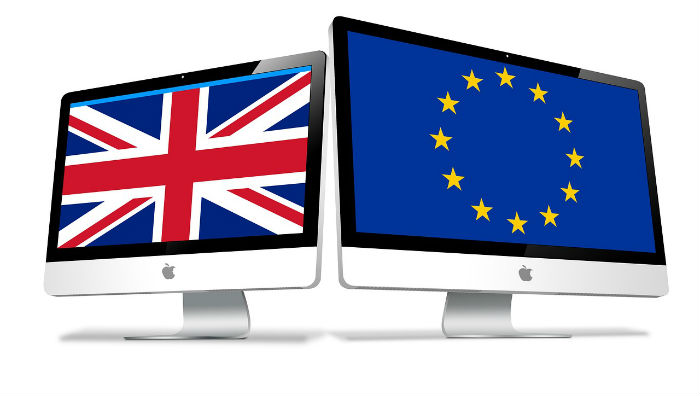Technology Law from the Commercial, Technology and Media teams at Stevens & Bolton
The European Commission recently issued a notice outlining the potential consequences that Brexit could have on the 300,000 .eu domain names registered in the UK and used by UK individuals and businesses.
The European Commission’s notice
As matters currently stand, the regulatory framework which governs the use of .eu domain names will cease to apply to the UK as of the withdrawal date (currently scheduled for 30 March 2019).
Like almost every aspect of Brexit, the potential effects are subject to any arrangements agreed between the EU and the UK Government, but the notice highlights the following potential effects:
- Businesses and individuals residing in the UK will no longer be eligible to register .eu domain names.
- Existing .eu domain names registered to proprietors in the UK may be revoked by the central .eu Registry (EURid).
- It will no longer be possible to invoke the UK legal rights (either registered or unregistered) in challenging any .eu domain names which are identical or confusingly similar to a name which is protected by UK or EU law (i.e. to prevent domain-name squatting).
- Agreements between .eu registrars and .eu registrants will not be able to designate, as applicable law, a law other than the laws of a member state of the EU. Any provisions which conflict with this will need to be amended.
Losing the use of a .eu domain name would obviously affect a business’s website, but it would also mean that email addresses run through that domain would have to be replaced.
What can UK businesses and individuals do to protect their .eu domain name?
UK based proprietors of .eu domain names will be keeping a close eye on the Brexit negotiations, and all may not be lost as companies in Iceland, Norway and Liechtenstein are all allowed to hold .eu domains, despite not being Member States. However, to offer maximum protection UK holders could consider:
- Transferring ownership of any .eu domain names to EU based subsidiaries; or
- Using an alternative top level domain (e.g. .com or .co.uk) in parallel immediately, so that if .eu is no longer available website traffic, search engine optimisation and email addresses suffer as little disruption as possible.
If you would like to discuss any of the issues raised in this article then please contact Tom Lingard.

 Tom Lingard
Tom Lingard